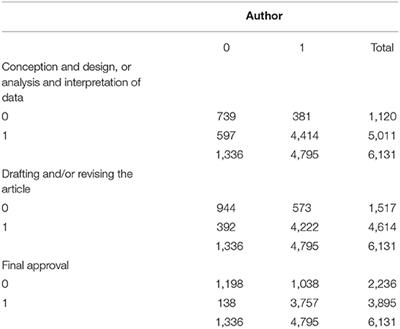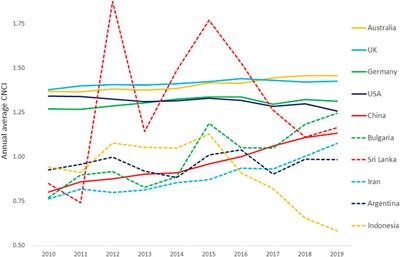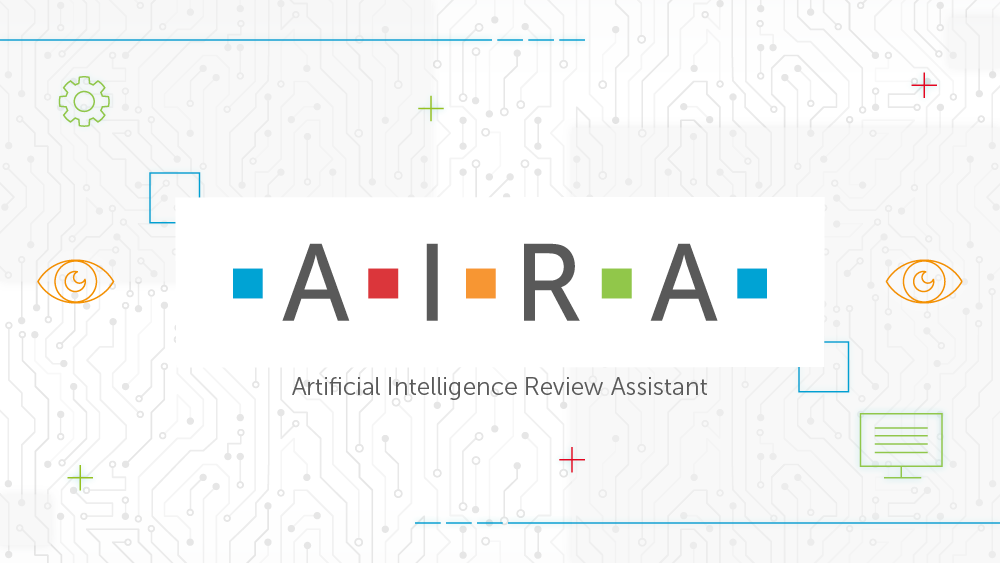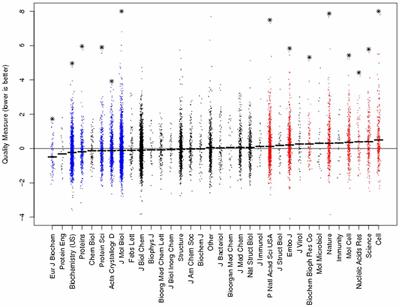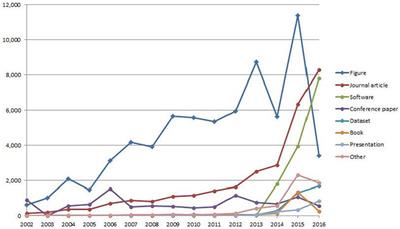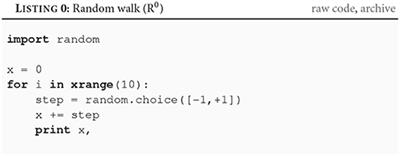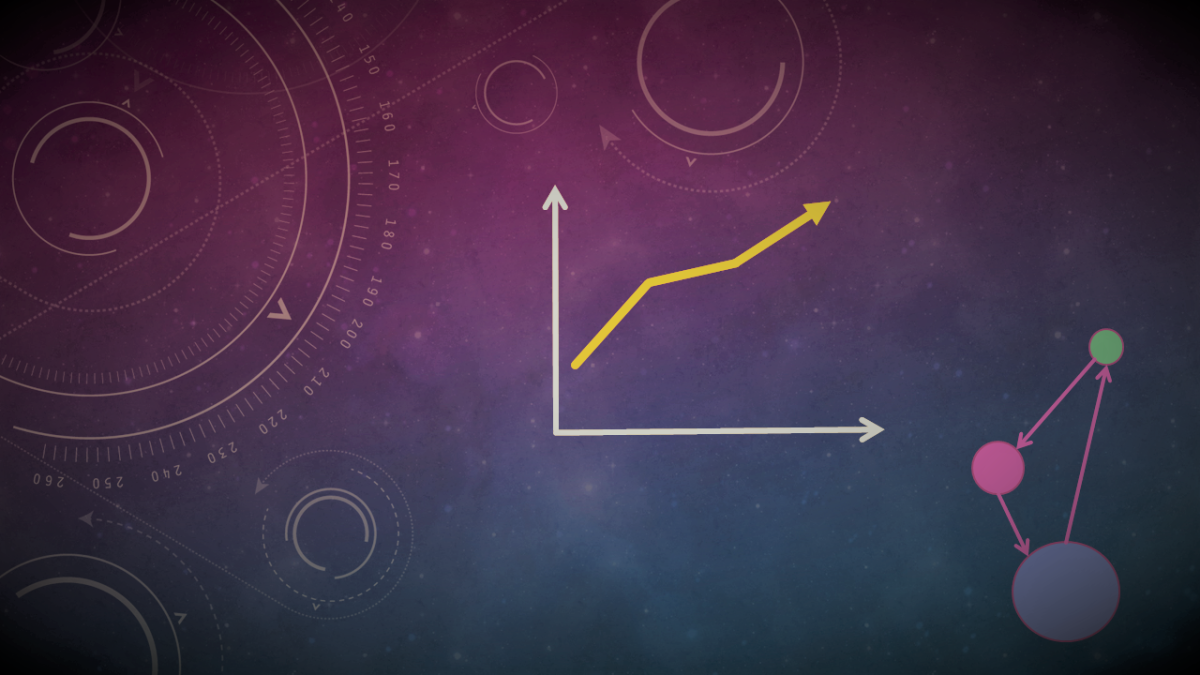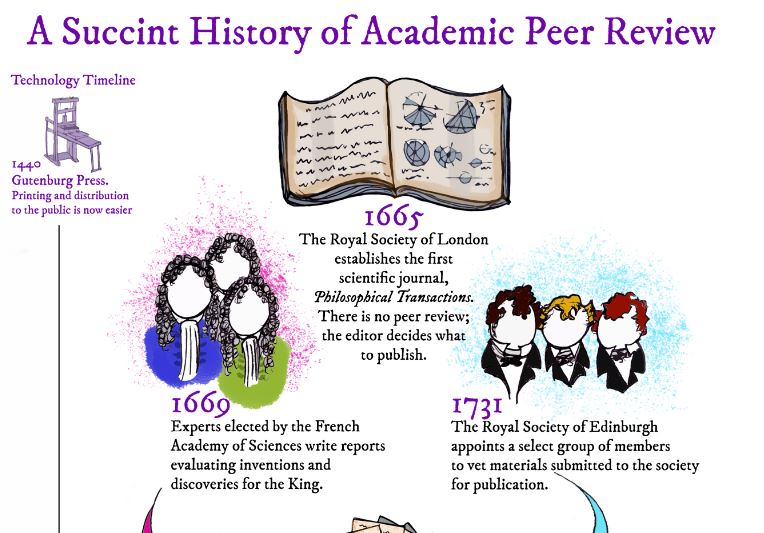10 Frontiers Articles That Caught the World's Attention in 2022 - Science & Research News
10 Frontiers Articles That Caught the World's Attention in 2022 - Science & Research News
By Frontiers' science writers As part of Frontiers' passion to make science available to all, we highlight just a small selection of the most fascinating research published with us each month to help inspire current and future researchers to achieve their research dreams. 2022 was no different, and saw many game-changing discoveries contribute to the
